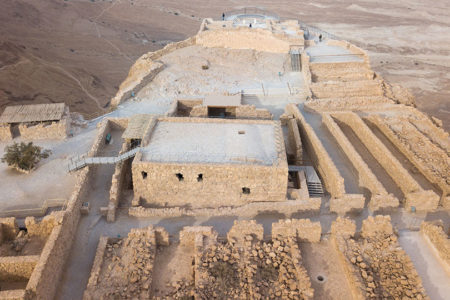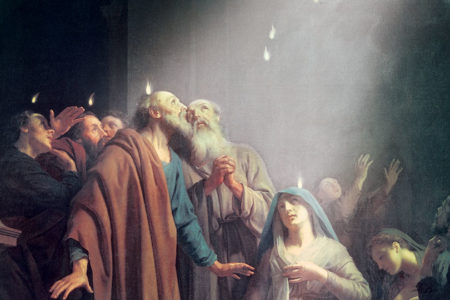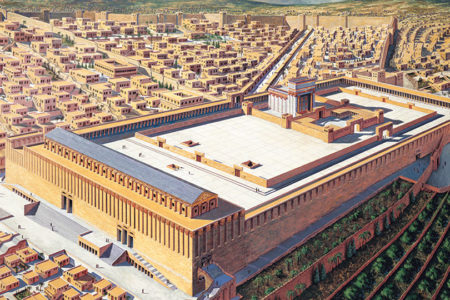God’s Prophetic Time Out
The question is often asked concerning how the church fits into the prophecy of the 70 weeks in the book of the Jewish prophet Daniel. Here is that prophecy:
Seventy weeks are determined for your people and for your holy city, to finish the transgression, to make an end of sins, to make reconciliation for iniquity, to bring in everlasting righteousness, to seal up vision and prophecy, and to anoint the Most Holy. Know therefore and understand, that from the going forth of the command to restore and build Jerusalem until Messiah the Prince, there shall be seven weeks and sixty-two weeks; the street shall be built again, and the wall, even in troublesome times. And after the sixty-two weeks Messiah shall be cut off, but not for Himself; and the people of the prince who is to come shall destroy the city and the sanctuary. The end of it shall be with a flood, and till the end of the war desolations are determined. Then he shall confirm a covenant with many for one week; but in the middle of the week He shall bring an end to sacrifice and offering. And on the wing of abominations shall be one who makes desolate, even until the consummation, which is determined, is poured out on the desolate (9:24–27).
Six questions must be answered:
- To whom does this prophecy refer?
It refers to Israel.
- What is meant by the term seventy weeks?
The expression literally means “seventy sevens of years.” In other words, God told Daniel He would continue to deal with Israel for another 490 years before bringing in everlasting righteousness.
- When was the 70-week period to begin?
It was to begin with the command to rebuild Jerusalem’s walls. The first two chapters of Nehemiah inform us that this order was issued during the 20th year of Artaxerxes’ accession. The Encyclopaedia Britannica sets the date at March 4, 444 B.C.
- What are the two major periods mentioned within the 70 weeks (490 years)?
The first period was to consist of 69 weeks (483 years): from 444 B.C. to the crucifixion of Christ in A.D. 33. The second period was to consist of one week (seven years): from the Rapture to the earthly return of Jesus. Thus the 70th week of Daniel is, in reality, the Great Tribulation.
- Do the 70 weeks run continuously?
That is to say, is there a gap somewhere between these 490 years, or do they run without pause until they are completed?
Dispensational Theology teaches that these “weeks” do not run continuously and that there has been a gap, or parenthesis, of nearly 2,000 years between the 69th and 70th weeks. The chronology may be likened to a 70-minute basketball game. For 69 minutes the game is played at a furious, continuous pace. Then, for some reason, the referee calls time out with the clock in the red, showing one final minute of play. No one knows for sure when the action will resume; but at some point, the referee will step in and blow his whistle. At that moment the teams will gather to play out the last minute of the game.
God stepped in and stopped the clock of prophecy at Calvary when Jesus gave His life as a sacrifice for our sins. This divine “time out” has already lasted 20 centuries. But soon the Redeemer will blow His trumpet, and the final “week” (seven years) of action will be played on this earth.
- Does the Bible offer other examples of time gaps in divine programs?
It does, indeed. There are at least three places where gaps of many centuries can be found in a single, short paragraph: Isaiah 9:6–7; 61:1–2; Zechariah 9:9–10.
Thus the answer to the original question is that the church has occupied that “time out” period between the 69th and 70th weeks of Daniel’s prophecy for the past 2,000-plus years.







